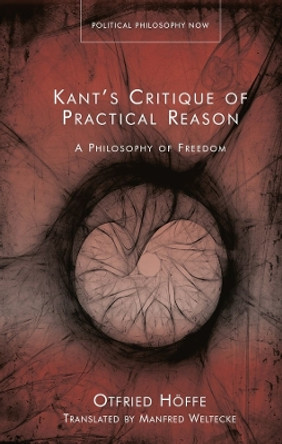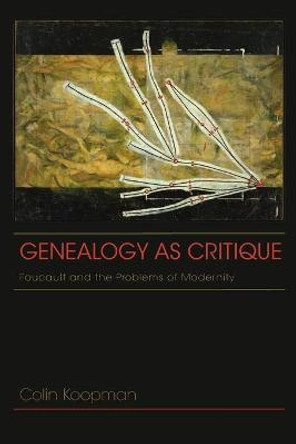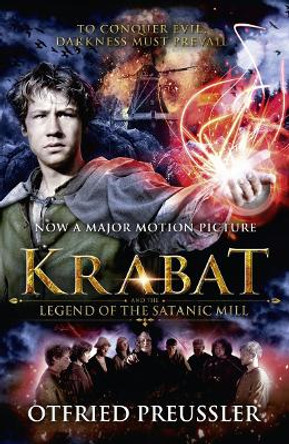Description
Neither rejecting nor defending freedom and modernity, he instead explores both from a Kantian point of view, looking closely at the facets of freedom's role and the fundamental position it has taken at the heart of modern life. Expanding beyond traditional philosophy, Critique of Freedom develops the building blocks of a critical theory of technology, environmental protection, economics, politics, medicine, and education. With a sophisticated yet straightforward style, Hoeffe draws on a range of disciplines in order to clearly distinguish and appreciate the many meanings of freedom and the indispensable role they play in liberal society.
About the Author
Otfried Hoeffe is a German philosopher and professor of philosophy at the Eberhard Karls University of Tubingen, where he directs the political philosophy research program. He has written numerous books, including Political Justice: Foundations for a Critical Philosophy of Law and the State. He is a member of the Heidelberg Academy of Sciences and Humanities. Nils F. Schott is a lecturer in the Euro-American Program at College universitaire de SciencesPo, Reims. He has published numerous philosophical essays, and his translations include works by Henri Atlan, Henning Schmidgen, Francois Delaporte, and Emmanuel Alloa.
Reviews
"Hoeffe presents a sophisticated defense of the role of the idea of freedom, assessing it in a number of dimensions: natural, economic-social, artistic and scientific, political, and personal-metaphysical. This enormously helpful book exhibits a masterful, well-organized, up-to-date knowledge of the whole tradition of Western philosophy, as well as a wealth of insights on many kinds of contemporary phenomena. In addition to being an expert on Aristotle and Kant, Hoeffe offers his expertise in social, legal, and ethical philosophy. This is essential reading for political scientists and social theorists, as well as philosophers." -- Karl Ameriks, University of Notre Dame
"Hoeffe's comprehensive review of the modern ethical, legal, and political order offers a new emphasis on propositions more often foolishly denied than ignored: Freedom is real, and important; modernity, the fullest realization of freedom achieved by humanity so far, is still very far from reaching its goal, but it is also far from being a total failure; and attempts either to deny the reality and value of freedom or to replace modernity with something else are not only shallow and misconceived but even pernicious and nihilistic. The lessons of this book should be taken to heart by all of us." -- Allen W. Wood, Indiana University
Book Information
ISBN 9780226465906
Author Otfried Hoeffe
Format Hardback
Page Count 336
Imprint University of Chicago Press
Publisher The University of Chicago Press
Dimensions(mm) 229mm * 152mm * 28mm







